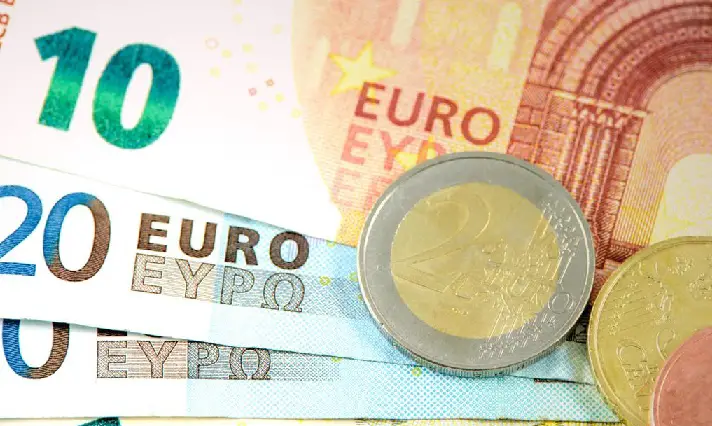According to European Central Bank research published on Wednesday, Eurozone inflation will hit the poorest households the hardest, because it will be those households which have the smallest financial cushions to buffer against the rapidly rising costs of living.
As energy and food prices skyrocket, poor families are unable to cut back on those purchases, and are being much more affected than their more wealthy peers. This has led the ECB to point out that poorer households in effect have a higher proportional inflation rate to cope with as prices continue to rise. New data shows that gap in proportional rates is the widest it has been since 2006.
The researchers wrote, “Inflation in energy and food prices has major distributional effects across low and high-income households. Low-income households are more vulnerable to these price shifts, as they spend a higher proportion of their total consumption expenditure on essentials.”
Additionally, the wealthy traditionally buy more expensive goods and branded products, which allows them to trade down to less expensive substitutes if they need to, to reduce costs. However poorer households are most often already buying the least expensive versions of their goods, and the poorer they are, the more they are likely purchasing only a base, subsistence level of the goods to begin with. This means they maintain a much smaller financial cushion allowing them to adapt to rising costs by diminishing expenses.
The ECB researchers also criticized European government measures that were designed to help the poorer families adapt to the rapidly rising costs. They pointed out that current measures offer much more favor to the rich, and that there is, considerable “scope for more effectively targeting” aid to the poorer families who need it most.

